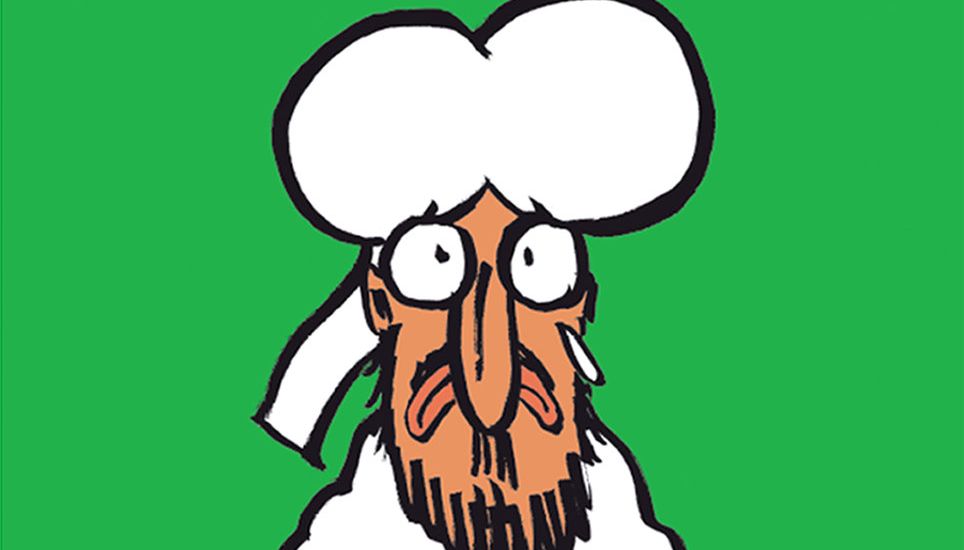

Above this column is an image that will be controversial.
But if the events of the last week have taught us anything at all, it’s that the principle of free speech involves not just hearing things that are hard to hear, but also saying things that are hard to say.
And, hard as it is, all the tweeting in the world, all the marching in the world, all the writing in the world will not undo the horrors of last week, when gunmen walked into the offices of Parisian satirical magazine Charlie Hebdo, killed a maintenance worker sat at a welcome desk, stepped into an editorial meeting of staff, levelled their Kalashnikov rifles at a group of cartoonists and opened fire.
Jersey’s Chief Minister, hardly one for radical politics, was among thousands that night to tweet #JeSuisCharlie – a hashtag statement of solidarity in a universal language. By morning those thousands had turned to millions. And by the weekend, Paris saw street demonstrations the scale of which had not been witnessed since the city was liberated from the Nazis.
That point is worth repeating: the two million people who marched in Paris on Sunday, including some world leaders with shaky records on freedom of expression, were making a statement on a scale that has not been seen since the fall of Hitler. Within 24 hours of the initial attacks, the phrase #JeSuisCharlie was being tweeted 6,500 times every minute.
But it is a phrase we can truthfully use?
Do we stand together with the assassinated cartoonists of Charlie Hebdo? We stood behind them, and we pushed them to the front, alone. Our statement of solidarity came too late, when they lay dead at the hands of their assassins.
Respect and tolerance are two of the fundamental aspects of our culture, but too often they mask an unwillingness to confront tough issues.
But that’s what living in a genuinely free society means. It doesn’t mean agreeing with everything that everyone says, all of the time. It means coming across things that offend you and accepting that your reaction does not entitle you to mow people down with assault rifles.
It is entirely reasonable to say that the cartoons that Charlie Hebdo published were offensive to some; but that does not automatically make them racist, or justify a death sentence.
There was no trial last week. The murderers did not go to Charlie Hebdo’s offices with a writ, or to the courts with papers for a civil action. They carried Kalashnikovs.
But actually the most dangerous effect of their actions is that we automatically class a set of images as something which must never be published – and that initial fear insidiously grows and spreads until it chokes off our freedom of expression.
Without a democratic process, without the sanction of the public, and without the scrutiny of debate, we will have quietly but firmly set aside one class of image that cannot be shown or published, cannot be broadcast or printed, out of deference to these murderers. That has to end.
Comments
Comments on this story express the views of the commentator only, not Bailiwick Publishing. We are unable to guarantee the accuracy of any of those comments.